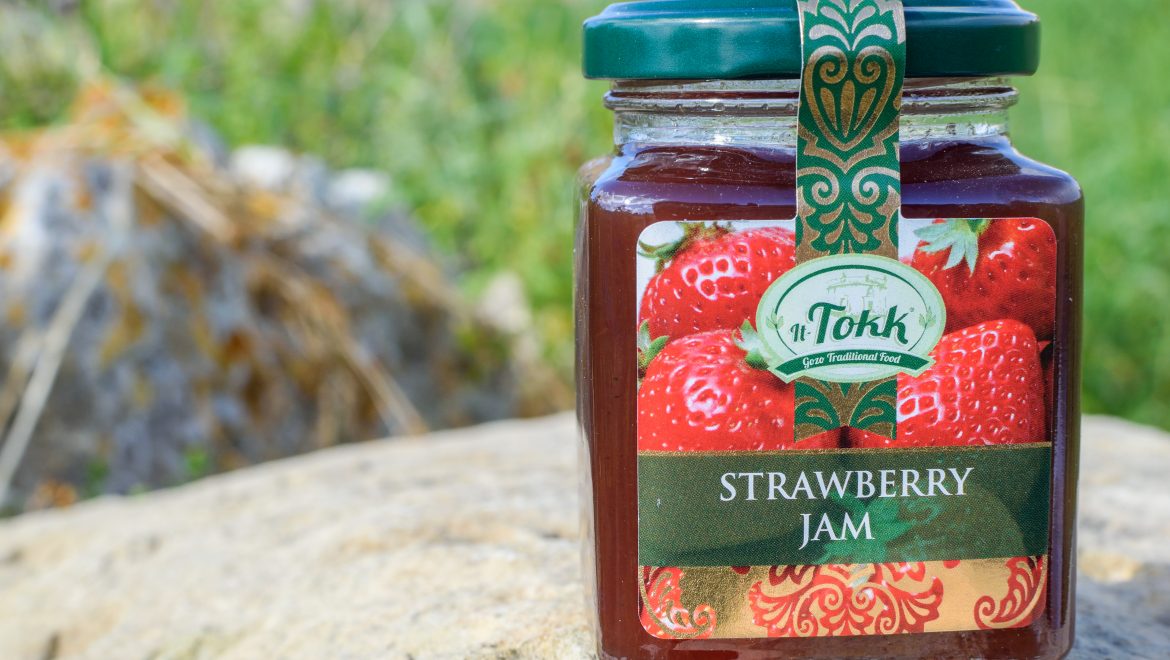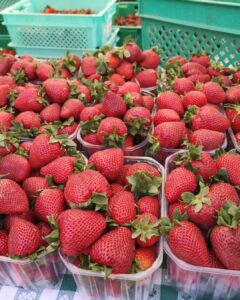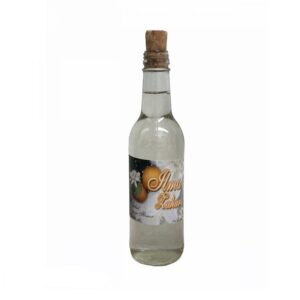
In Malta, strawberries are a cherished crop, primarily cultivated in fertile fields. The island’s mild Mediterranean climate, characterized by warm springs and ample sunshine, creates ideal growing conditions for strawberries, leading to a bountiful harvest typically from March to May.

Photo: Instagram @soulfulgadabout
Strawberries are very nutritious and popular. They are found in a number of products and are used in food like pastries, cakes, jams and pies. Food and culinary art enthusiasts tend to experiment with this fruit which contains multiple nutrients.
It is planted in October and keeps producing fruit up to 6 months later. As soon as the temperature starts increasing, when it is over 30°C, it starts to deteriorate fast and decays quicker but tastes even better.
The health benefits of strawberries are impressive. They are not a high glycaemic fruit and therefore can be enjoyed by diabetics. They are thought to help reduce inflammation in arthritis and the high levels of antioxidants can help to prevent a stroke! They are a solid source of potassium, and contain a good amount of vitamin C that helps strengthen the immune system. An additional plus is that strawberries contain ellagic acid which is to help prevent the loss of collagen to keep your skin looking younger and healthier. Those ellagic acids found in strawberries also help with your eyes and help slow down the degeneration of eyesight.
To produce Strawberry jam in our factory involves several key steps, each designed to ensure consistency, safety, and flavour. Here’s an overview of the process:
Selection and Sorting of Strawberries
High-quality strawberries are selected, sourced directly from farms at the end of the season when they are most ripe and tasty. The berries are checked for ripeness, sweetness, and overall quality. Strawberries are thoroughly washed to remove dirt, and any foreign particles. They are then sorted to remove any damaged or unripe fruits.
Preparation
The green tops are removed from the strawberries. This is typically done by hand then the strawberries are either chopped into smaller pieces or mashed, depending on the desired texture of the final jam.
Cooking
The prepared strawberries are mixed with sugar. The amount of sugar varies according to ripeness, but it is crucial for the preservation and gelling process, then Pectin which is a natural thickening agent is added to help the jam set. The mixture is then heated in large industrial kettles. The heat helps to break down the fruit, dissolve the sugar, and activate the pectin. The cooking process also evaporates water, concentrating the flavours. Lemon juice is added to ensure the correct pH level, which helps in setting the jam and preserving it.
Pasteurization
The jam mixture is pasteurized by heating it to a specific temperature to kill any harmful microorganisms, ensuring the product’s safety and shelf life.
Filling and Sealing
The hot jam is poured into sterilized jars, which is done by automated filling machines to ensure consistency and hygiene.
The jars are immediately sealed with lids to create a vacuum seal. This vacuum helps preserve the jam by preventing air (and thus bacteria) from entering the jar.
Labelling and Packaging
Once cooled, the jars are labelled with product information, including ingredients, nutritional content, and expiration date.
Quality Control
Throughout the entire process, quality control checks are performed. This includes testing the jam for consistency, sweetness, pH levels, and ensuring that it meets food safety standards.
Distribution
Finally, the jam is distributed to our shops, retailers, or directly to consumers
This process ensures that strawberry jam produced in factories is consistent in taste, texture, and safety, making it a reliable product for consumers.
Strawberries in Malta are not just a fruit but a symbol of the island’s agricultural richness and community spirit. The annual Festa Frawli in our sister island Malta exemplifies this, bringing people together to celebrate the strawberry harvest and enjoy the fruits of their labour.
 It-Tokk, Independence Square, Victoria, Gozo | Ta’ Dbiegi Crafts Village, Gharb, Gozo
It-Tokk, Independence Square, Victoria, Gozo | Ta’ Dbiegi Crafts Village, Gharb, Gozo



0 comments
Write a comment